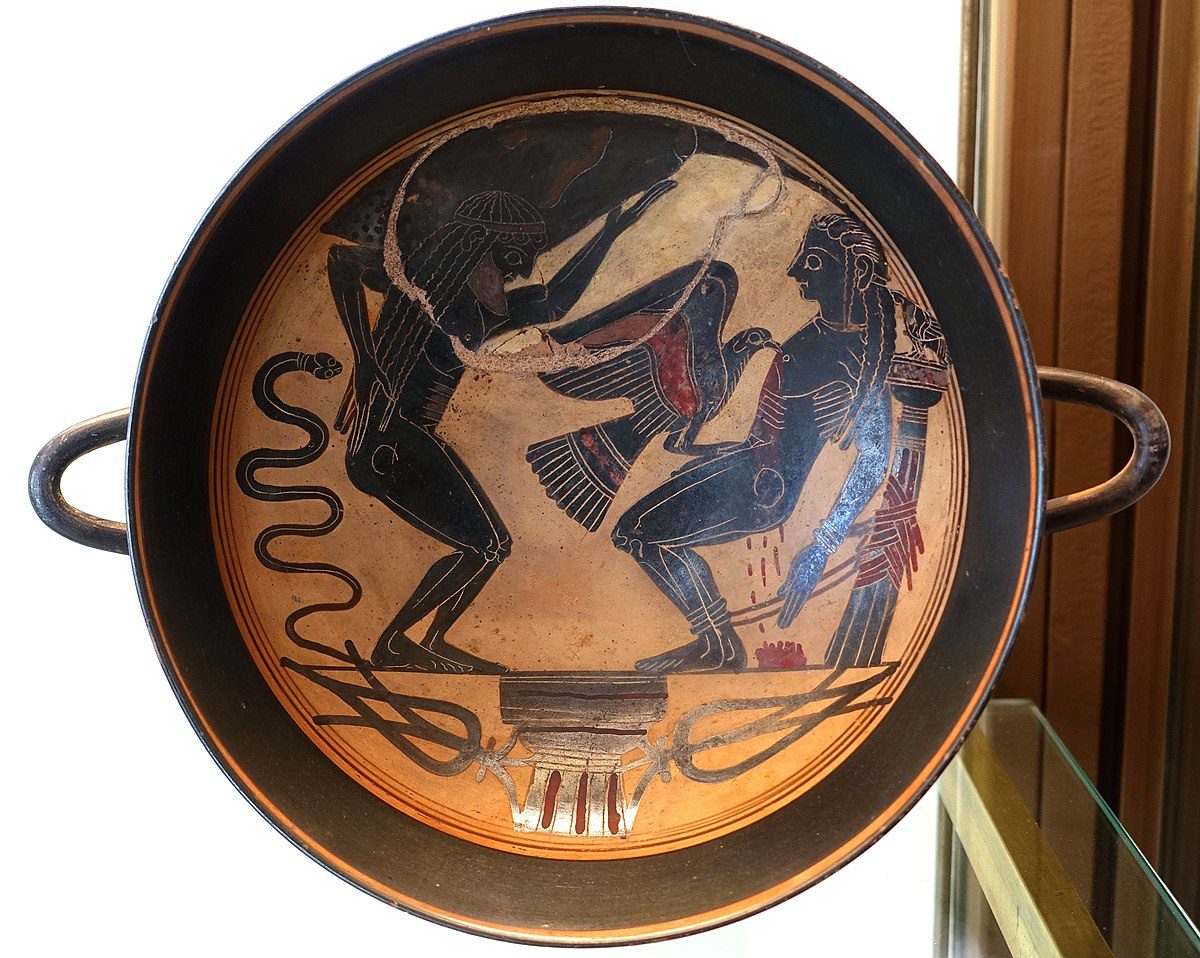Greek mythology is full of captivating gods and titans. Twelve gods including Zeus and Athena possess distinct personalities, immortality, and incredible strength and agility, and magical abilities to control elements and time, however, they are subject to certain limitations such as free will and pride. Titans include Cronus and Atlas who are powerful, possess strength and endurance, and can control nature. Unlike gods, they are not immortal and can be killed, and have limitations such as lacking agility and speed. The titans have a history of cruelty and lack of empathy, making them fearsome entities. Both entities have played an immense role in shaping Greek mythology.
Gods vs. Titans: A Comparison of Power and Limitations in Greek Mythology
Greek mythology is filled with a rich set of characters, stories, and legends, but few of them are as intriguing and captivating as the gods and the titans. Both the gods and titans possess incredible power and abilities, but there are key differences between these two groups that set them apart from one another. In this article, we will explore the similarities and differences between the gods and titans and how their powers and limitations have shaped Greek mythology as we know it.
The Gods
The gods are the most well-known and revered figures in Greek mythology. They are a group of twelve, including Zeus, Hera, Poseidon, Demeter, Athena, Apollo, Artemis, Ares, Aphrodite, Hephaestus, Hermes, and Dionysus. Each god has a distinct personality, domain, and set of abilities that make them unique in Greek mythology.
The gods are incredibly powerful and are immortal, which means they are immune to aging and disease. They also possess incredible strength, speed, and agility, making them nearly invincible in battle. In addition to their physical prowess, the gods also have magical abilities that allow them to control the elements, manipulate time, and control the minds of mortals.
However, despite their power and abilities, the gods are not all-powerful. They are subject to certain limitations, such as a lack of control over mortal free will and the fact that they must adhere to a certain code of conduct. The gods are also vulnerable to certain weaknesses, including jealousy, anger, and pride, which often lead to their downfall.
The Titans
The titans are a group of gods who were overthrown by the Olympian gods in a battle known as the Titanomachy. The titans include figures such as Cronus, Rhea, Oceanus, Hyperion, Atlas, and Prometheus. Each titan possesses unique abilities and traits that make them a force to be reckoned with.
Like the gods, the titans are incredibly powerful and possess superhuman strength and endurance. They also have the ability to manipulate the elements and control the forces of nature. However, unlike the gods, the titans are not immortal and can be killed. They are also subject to certain physical limitations, such as a lack of agility and speed compared to the gods.
Furthermore, the titans are known for their stubbornness and pride, which often leads to their downfall. They are also known for their cruelty and lack of empathy, which makes them frightening to mortals and gods alike.
Conclusion
Overall, both the gods and the titans possess incredible power and abilities that make them a force to be reckoned with in Greek mythology. However, the gods are immortal, more versatile, and more loyal to one another while the titans are stuck with their limitations and have a history of malice and arrogance. Understanding the power and limitations of these mythological figures is key to understanding the stories and legends that have been passed down through the ages. While it may be impossible to say which group is more powerful than the other, it is clear that both have played a significant role in shaping Greek mythology as we know it today.
